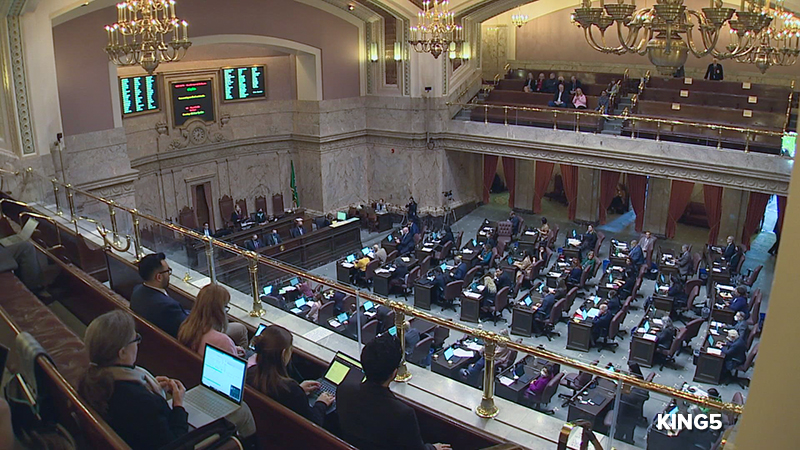
All House and Senate Bills had to be voted out of their original chambers by 5:00 pm Tuesday, February 13– or the bills would be considered finished for the session. Of the hundreds of bills introduced, most never go so far as to receive a hearing – the first step in their arduous process.
Even fewer bills that are fortunate enough to get out of committee and voted on by the entire “House of Origin” – the halfway point for a bill’s journey. Then the Senate hears House bills and vice versa – all in a condensed calendar. Now, each side has just over a week to hear and vote on bills to keep them moving. If they do make it out of the opposite chamber’s committees, they must be voted on by the entire body by March 1.
If the opposite chamber changes the legislation so much as one word in a bill, it has to go back to the original house for “concurrence,” an opportunity for them to agree, disagree, or ask for a conference to discuss their differences. Of all the bills introduced, only about 10-15% get signed into law – the final step in the process. Washington’s Governor can choose to sign the entire bill into law, veto the whole bill, or veto portions of it. If the Governor doesn’t take action on the bill within 20 days of it sitting on their desk, it automatically goes into law.
Now for the disclaimer. Bills “necessary to implement the budget” or NITB are immune from all cutoffs. These bills usually take in new monies or expend money.
The other option to keep a bill moving is to amend it onto another related bill, or as we say, “hang” it onto a measure. Some bills with broad titles attract many other bills and become known as ”Christmas trees” for all the ornaments hung on them.
Finally, bills that may appear to have gone by the wayside by missing a vote or cutoff can be brought back to life through a series of parliamentary maneuvers. While this is rare, it occasionally happens to secure support on the budget or some other bill that the majority party wants to pass.
The bottom line is that no bill is truly “dead” for the session until the Legislature adjourns for the year – which is scheduled for March 7.

